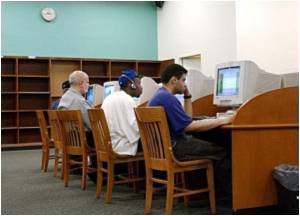Even children as young as seven require only a single interaction with a person to decide whether the information they received can be trusted, a study by Queen's University researchers has revealed.

The study tested adults, seven-year-olds and four-years-olds by asking a question and then having two people on a computer screen give a right and wrong answer.
When a second question was asked and participants were told they could only ask one person for the answer, the adults and seven year olds always choose to ask the person who previously gave the right answer.
The result of four-year olds varied on the way the question was asked, showing that four year olds generally need more than a single encounter to affect the way they seek information from people.
While there have been studies before on how kids react to multiple exposures from people, this study focused on how one sentence from a person affects the way children seek information.
There were three different experiments conducted during the study.
Source-ANI
 MEDINDIA
MEDINDIA



 Email
Email




